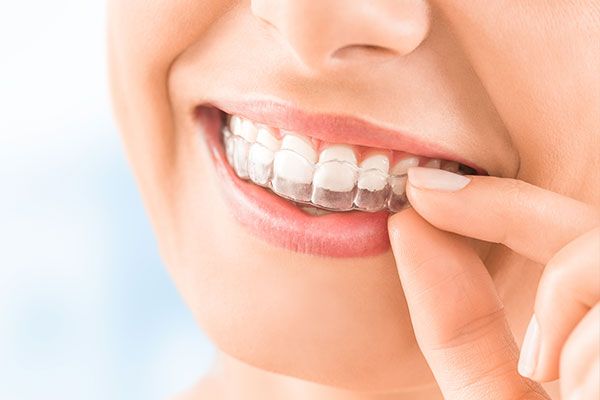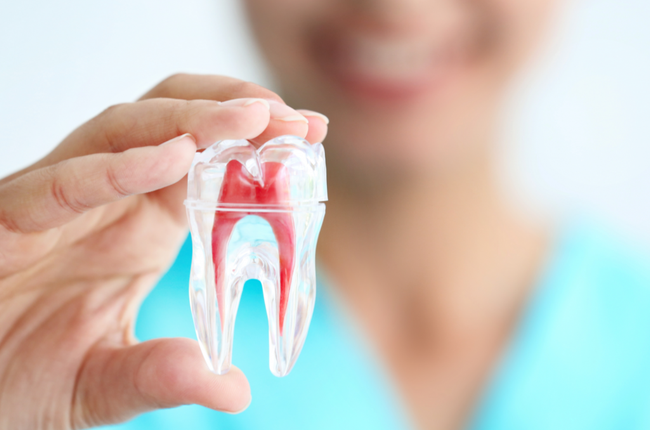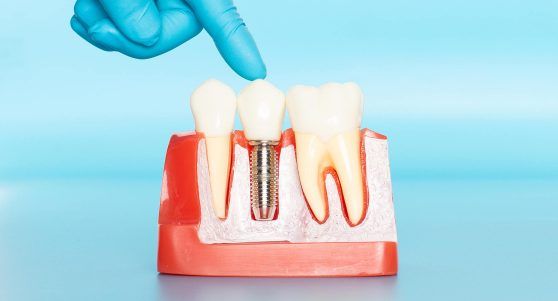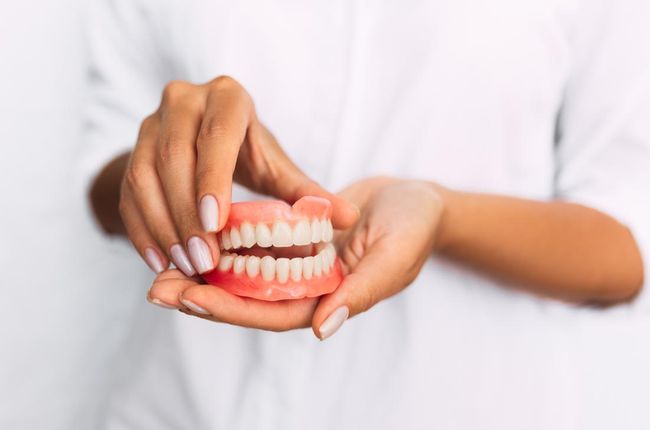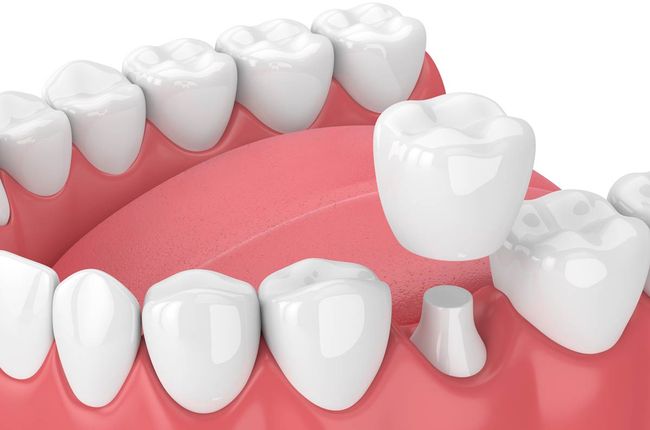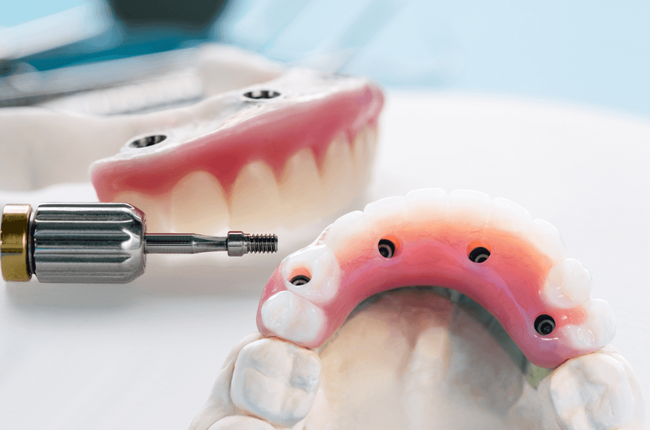Welcome to our blog post on the impact of smoking on oral health! We all know that smoking is harmful to our overall well-being, but have you ever considered how it affects your teeth and gums? Well, get ready for some eye-opening information as we dive into the link between smoking and gum disease, how smoking can lead to tooth decay, and the common side effects of stained teeth and bad breath. Whether you're a smoker yourself or someone looking to quit, this article will shed light on why kicking the habit is crucial for maintaining a healthy smile. So let's jump right in!
The Link Between Smoking and Gum Disease
Smoking is not only harmful to our lungs, but it also has a detrimental effect on our oral health. One of the most significant links between smoking and oral health problems is gum disease.
Gum disease, also known as periodontal disease, occurs when plaque buildup causes inflammation in the gums. Smoking weakens the immune system's ability to fight off infection, making smokers more susceptible to developing gum disease. In fact, studies have shown that smokers are twice as likely to develop gum disease compared to non-smokers. The chemicals in tobacco smoke can damage the delicate tissues in the mouth and hinder proper blood flow to the gums. This impairs the healing process and makes it difficult for infected gums to recover from periodontal treatment. Smoking can also mask some of the symptoms of gum disease, such as bleeding or swollen gums. This means that smokers may not realize they have a problem until it has progressed to a more advanced stage.
Additionally, smoking reduces saliva production in the mouth, which plays an important role in cleaning teeth and neutralizing acids produced by bacteria. Without enough saliva, plaque buildup accelerates, and tooth decay becomes more likely.
There is a clear link between smoking and gum disease. The harmful chemicals in tobacco smoke weaken our immune system's ability to fight off infection and impair proper blood flow to the gums. It's essential for smokers to be aware of these risks and take steps towards quitting smoking for better overall oral health.
How Smoking Affects Teeth and Tooth Decay
Smoking not only poses serious risks to overall health, but it also takes a toll on oral health. One of the key ways smoking affects teeth is through an increased risk of tooth decay. When you smoke, harmful chemicals from tobacco products linger in your mouth and coat your teeth. These chemicals can weaken the enamel, which is the protective outer layer of your teeth. Weakened enamel makes your teeth more susceptible to cavities and decay. Additionally, smoking reduces saliva production in the mouth. Saliva plays a crucial role in maintaining oral health by neutralizing acids and washing away food particles that can contribute to plaque buildup. With reduced saliva flow, bacteria are left to thrive and attack the teeth, leading to an increased risk of cavities. Furthermore, smoking compromises blood flow to the gums. This impairs their ability to heal properly and fight off infection. As a result, smokers are more likely to develop gum disease – a serious condition that can lead to tooth loss if left untreated.
It's important for smokers to be aware of these effects on their oral health and take steps towards quitting or reducing their tobacco use. Regular dental check-ups and proper oral hygiene practices like brushing twice a day and flossing can also help mitigate some of these detrimental effects.
If you're a smoker concerned about your oral health or looking for support with quitting tobacco use, reach out to your dentist or healthcare professional for guidance tailored specifically to you!
Stained Teeth and Bad Breath: Common Side Effects of Smoking
We all know that smoking can have serious effects on our overall health, but did you know it can also wreak havoc on our oral health? One of the most noticeable side effects of smoking is stained teeth. The nicotine and tar found in cigarettes can cause yellow or brown discoloration on the surface of your teeth. No one wants a smile marred by unsightly stains!
But it doesn't stop there. Smoking can also lead to chronic bad breath. The chemicals in cigarettes not only leave a lingering odor in your mouth, but they also contribute to dry mouth - another common side effect of smoking. A dry mouth provides the perfect breeding ground for bacteria, which leads to foul-smelling breath.
These side effects are not just cosmetic annoyances; they can actually be indicative of more serious underlying issues. Stained teeth and bad breath are often signs of gum disease, a condition that smokers are more prone to developing. Gum disease occurs when plaque builds up along the gum line and causes inflammation and infection.
So while stained teeth and bad breath may seem like minor inconveniences, they should serve as red flags for smokers. These symptoms could be warning signs that something more sinister is happening beneath the surface.
In order to combat these unwanted side effects, quitting smoking is essential. Not only will this improve your overall health, but it will also significantly reduce your risk for oral health problems such as gum disease, tooth decay, and persistent bad breath.
Conclusion
Smoking not only poses a significant risk to your overall health, but it also takes a toll on your oral health. The link between smoking and gum disease is undeniable, with smokers being more susceptible to developing this serious condition. The harmful chemicals in tobacco can damage the gums and make them more vulnerable to infection.
Furthermore, smoking can have detrimental effects on teeth and tooth decay. The toxins in cigarettes weaken enamel, leading to an increased risk of cavities. Additionally, the unsightly stains caused by smoking are not just cosmetic; they can be difficult to remove and may require professional dental intervention.
One cannot overlook the unpleasant consequences of smoking when it comes to bad breath either. Tobacco use leaves a lingering odor that is hard to disguise or get rid of completely.
To protect your oral health, quitting smoking is crucial. By giving up this harmful habit, you decrease your chances of developing gum disease and other dental issues significantly. Your teeth will thank you as well since quitting can help prevent further decay and restore their natural color.
Remember that maintaining good oral hygiene habits such as regular brushing, flossing, and visiting the dentist for check-ups are essential for everyone – but especially for smokers who need extra care due to their heightened risks.
Don't let smoking steal away your smile! Take charge of your oral health today by saying no to tobacco products.
Office Hours
MON - THU8:00 am - 5:00 pm
FRI9:00 am - 1:00 pm
SAT - SUNClosed
